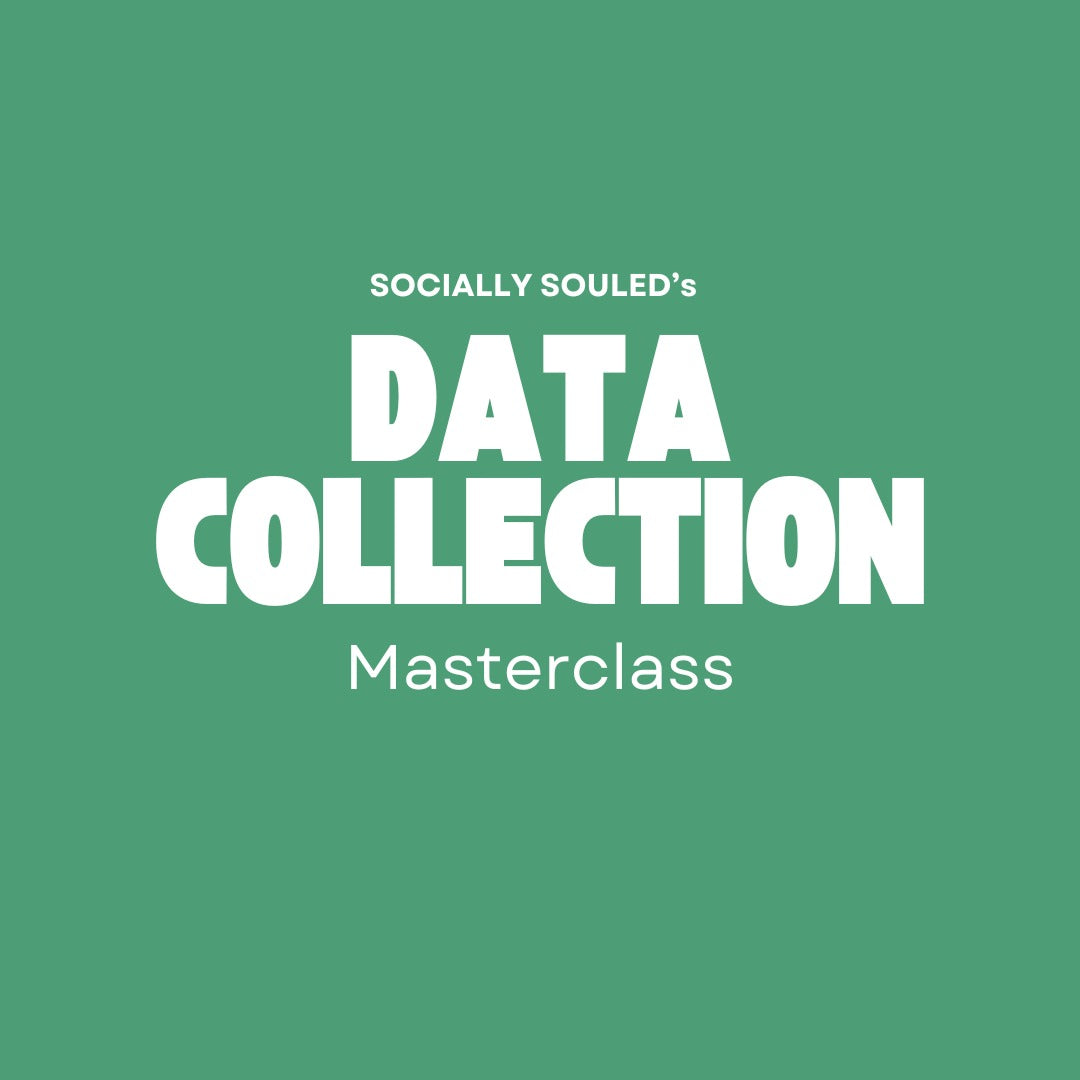
Data Collection: Quantitative & Qualitative Methods Masterclass
Program Structure: A Learning Experience
-
Self-Paced Learning
Learn the Theory -
Live Training
Practice the Skills -
Supervised Cases
Gain Real World Experience

Educators & Supervisors
Ms Spreeha Bezbaruah- Counselling Psychologist, Socially Souled Mumbai
Ms Shivika Chadha- Counselling Psychologist, Socially Souled Gurugram
Mr Isaac Thomas- Junior Research Fellow, PhD Scholar
Topics Covered:
- Understand the difference between quantitative and qualitative data collection.
- Identify sampling techniques and their real-world applications.
- Choose appropriate tools and techniques for each method.
- Integrate both methods in a mixed-method research design.
- Design surveys, questionnaires, and interview guides effectively.
- Apply ethical practices while collecting data.
How the Psycho-Oncology Certification Can Be Used?
1️⃣ Understand Data Collection Foundations
3️⃣ Apply Quantitative & Qualitative Methods Practically
5️⃣ Learn Data Cleaning & Organization Techniques

2️⃣ Design Effective Data Collection Tools
4️⃣ Manage Data Ethically and Securely
6️⃣ Translate Collected Data into Research Readiness

What You Get with This Masterclass?
- Comprehensive Learning in Theory, Practical Training & Applications in Real life settings.
- Access to Workbooks & Resources
- Live Training with Role-Plays, Case Discussions & Q&A Sessions.
- Hands-On Supervised Therapy Practice with Real Clients.
- Mentorship & Support from Industry Experts.
- Official Certification Recognized for Career Growth.
Who is This Course For?
-
Psychology Students and Graduates
-
Counselors & Mental Health Professionals
-
Social Workers and Educators
-
Anyone Interested in Data Collection for thesis.
Frequently Asked Questions (FAQs)
-
Any psychology student, intern, or researcher working on a dissertation or thesis can attend.
-
Yes! All participants receive a Socially Souled Certificate of Completion.
-
The class is a 3-hour live masterclass, including writing exercises and a Q&A round.
-
No — you can attend at any stage. The class will help you plan, structure, or refine your current work.
-
Yes. You’ll learn how to structure answers, anticipate questions, and confidently present your research.
-
Yes, the recording will be available for 7 days after the class for revision.
